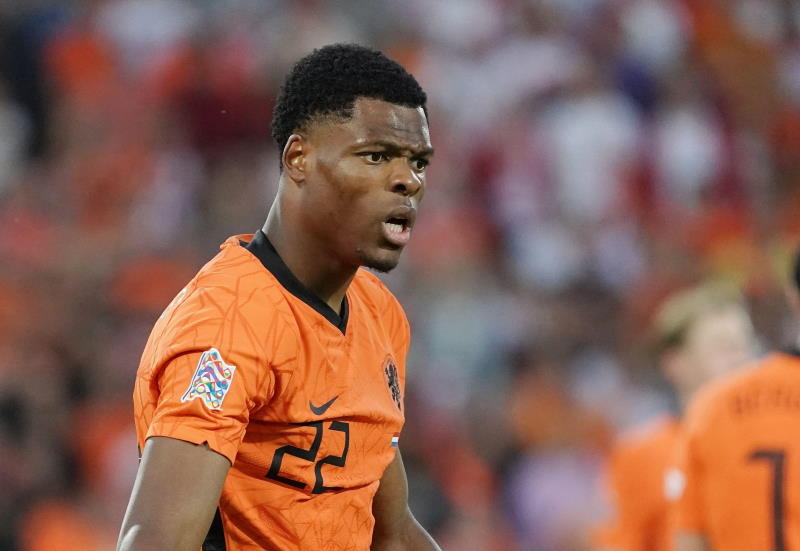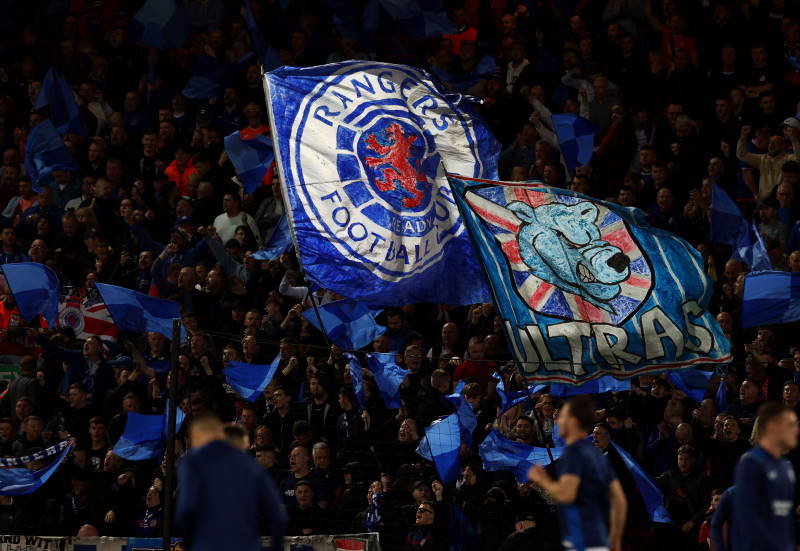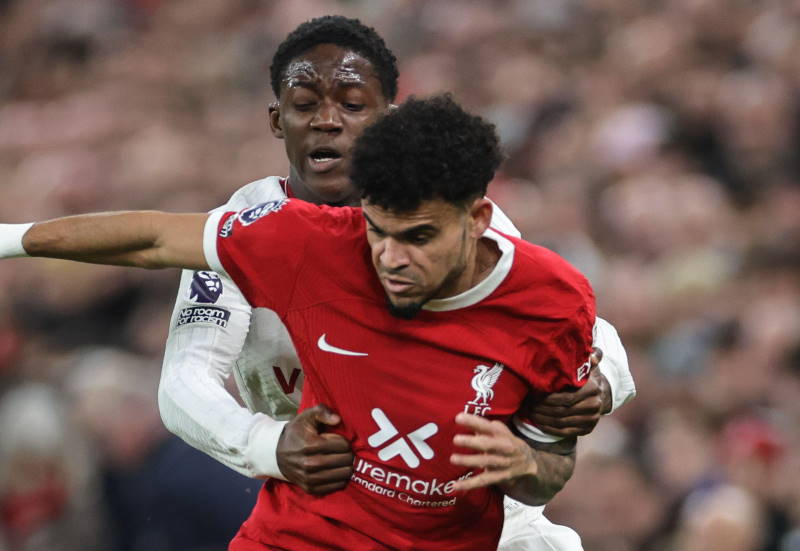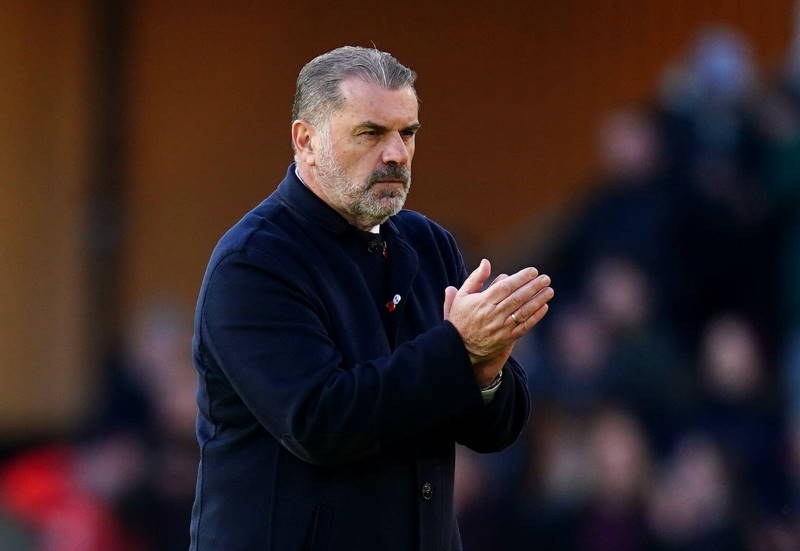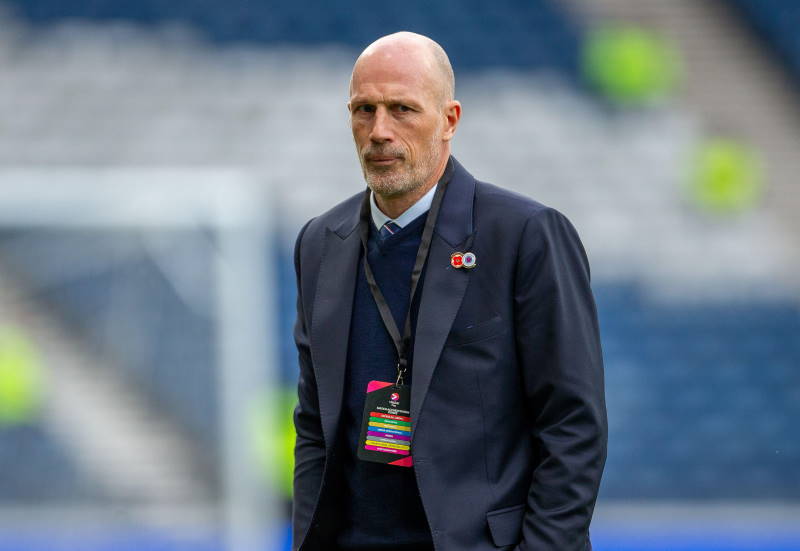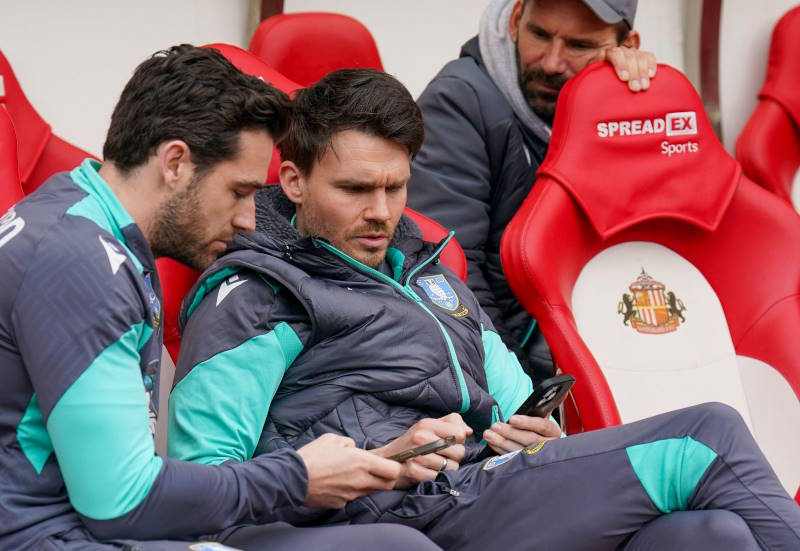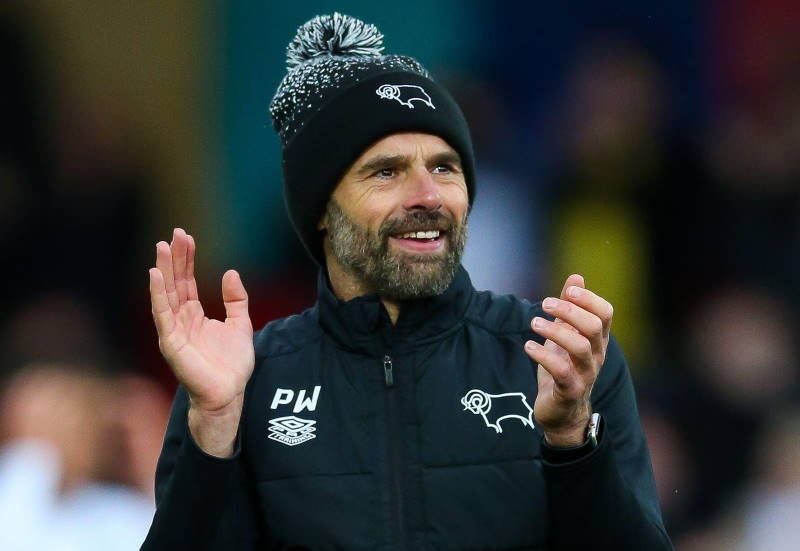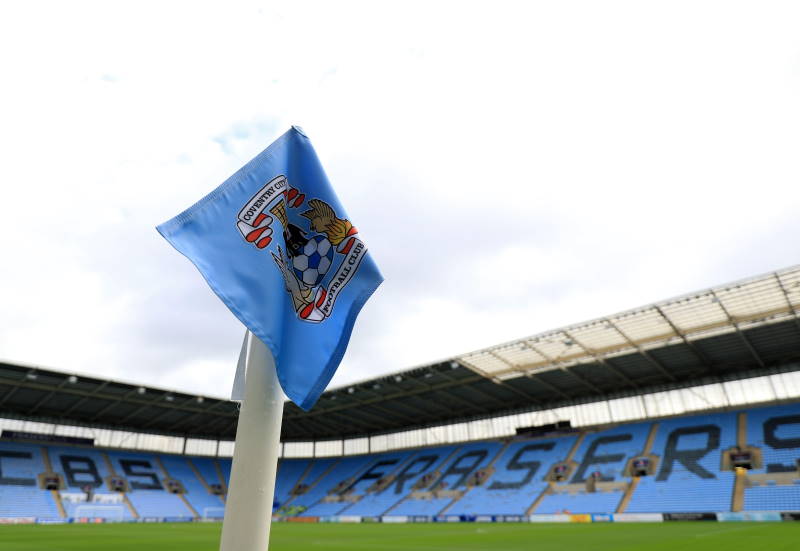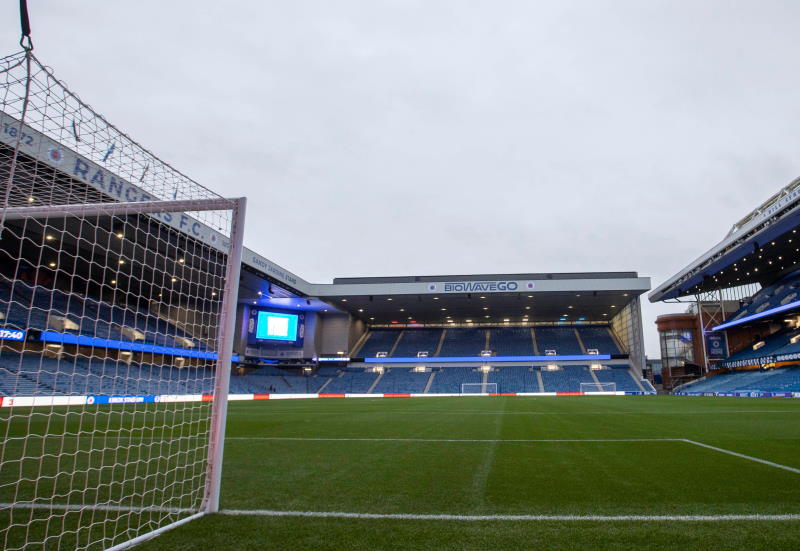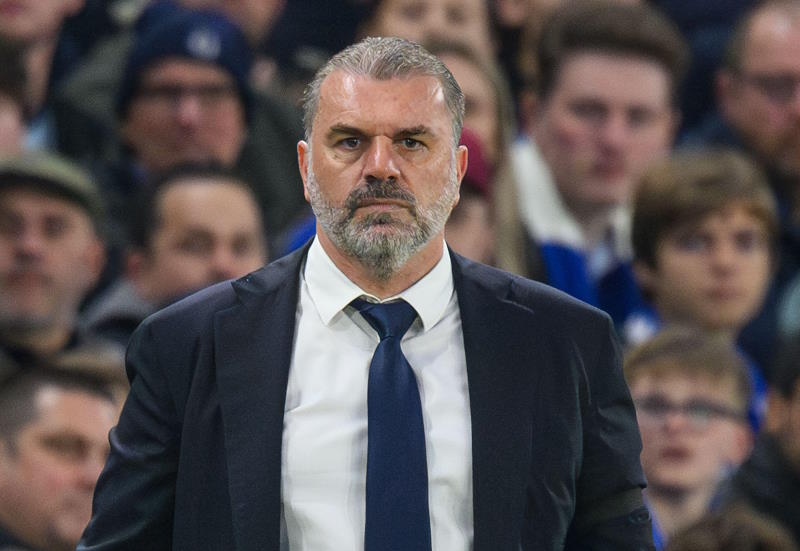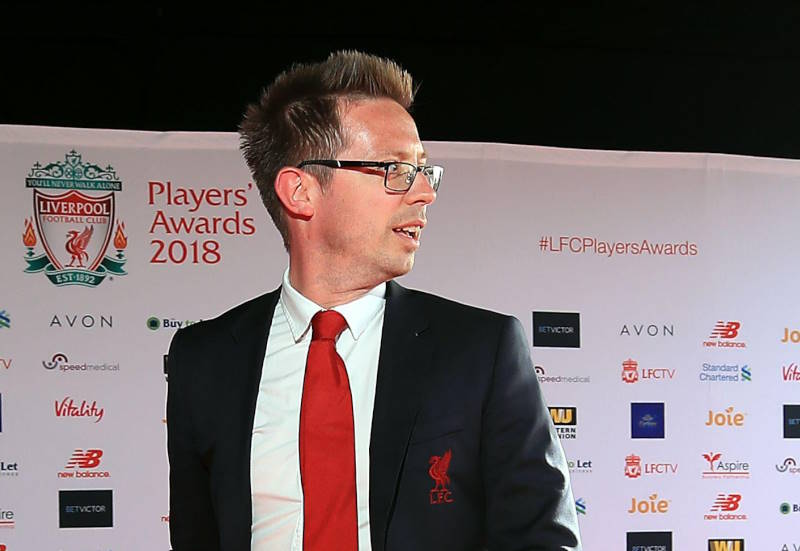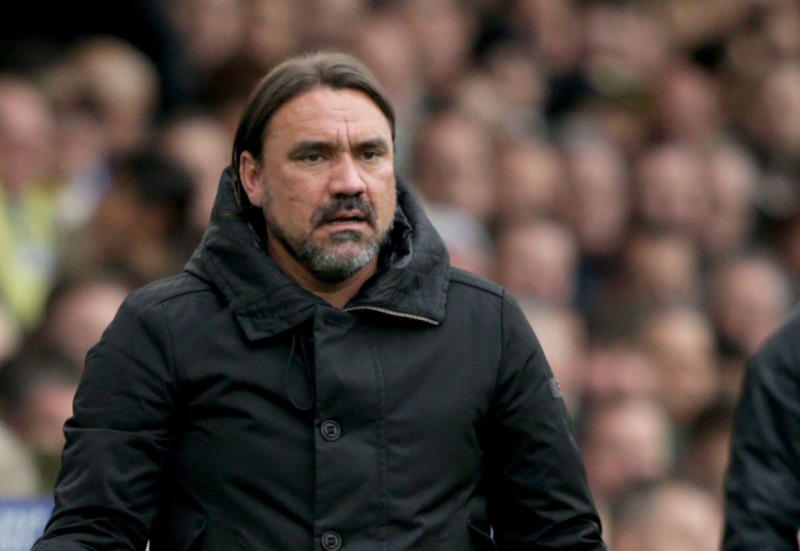
Italy’s World Cup triumph in 2006 should have heralded a positive, new era for the Italian game. Instead the world champions returned home to see domestic giants Juventus and AC Milan receive severe punishments for their part in the Calciopoli scandal, an investigation that found several clubs guilty of trying to influence the appointment of referees.
Months later Italian football was in the headlines for the wrong reasons again. Clashes between Palermo and Catania fans in February 2007 resulted in the tragic death of policeman Filippo Raciti and the Italian Football Federation immediately suspended football across the peninsula. Unsurprisingly, weeks later in April 2007, Italy lost out to Poland and Ukraine for the right to host Euro 2012.
Determined to bounce back from the disappointment of losing out in the race to host Euro 2012, the Italian Football Federation have tendered a bit to host Euro 2016. The proposal involves 12 cities covering the whole of Italy, including Sicily and Sardinia. The chosen stadia are the San Nicola in Bari, Stadio Dino Manuzzi in Cesena, San Siro in Milan, San Paolo in Naples, Stadio Ennio Tardini in Parma, Stadio Olimpico in Rome, Stadio Friulli in Udine and the Stadio Marc’Antonio Bentegodi in Verona. New stadiums are planned in Florence, Palermo and Cagliari, the bid also includes the under construction Juventus Arena in Turin.
The proposal’s main selling point is that it offers an opportunity to transform quality and safety in some of Italy’s biggest sporting arenas.
The Pros
Unofficial Religion – If Catholicism is the official religion in Italy then football is the state’s unofficial religion. Despite recent events, football is embedded deep in the Italian psyche and the Italian people are sure to embrace a tournament on home soil.
Stadium Regeneration – Some of the stadia built and renovated for the 1990 World Cup, such as the San Nicola in Bari are desperately in need of improvement work. A successful Euro 2016 bid will see renovation which will have a positive, long lasting impact on Italy’s footballing infrastructure.
Experience – Italia ’90 thrust Italy onto the world stage and gave the Italian authorities experience in the planning and implementation of major sporting events. Despite the tournament occurring 20 years ago, the Italians can still use the knowledge they gained to implement a successful Euro 2016.
Popular Destination – Italy is a popular tourist destination with many attractions dotted around the peninsula. Any major sporting event in Italy is certain to attract huge numbers of people, a key factor in determining the success of a tournament.
The Cons
Calciopoli Scandal – Four years after punishments were handed out, the scandal is still making headlines after transcripts of phone calls were published in the Italian media in April, possibly to the detriment of Italy’s attempts to win the right to host Euro 2016.
Threat of Violence – The hostile nature of Italian football and the intense rivalries that exist between certain sets of supporters mean the threat of violence is never far away. Something that must concern UEFA.
Lack of Government Support– The Italian Football Federation appear to be going it alone with very little coming from the Italian government in terms of support. Compare this to the robust support demonstrated by the Turkish and French governments for their bids.
Economic Issues – With serious question marks over the mid to long-term future of the Eurozone, will Italy be able to afford to host the tournament?
Conclusion
Credit must go to the footballing authorities in Rome. The Italian game appeared to be on the brink a few years ago but Inter’s win in the Champions League shows that Italian football is very much alive and kicking. The Italian Football Federation would now love the opportunity to host Euro 2016 and be given a chance to draw a line under events of recent years once and for all.
Unfortunately for the Italians they face strong competition in the form of France and Turkey, who have both submitted attractive propositions to European football’s governing body with full government backing. As it stands Italy are the underdogs in a three horse race and it would be a surprise if they emerged victorious.

